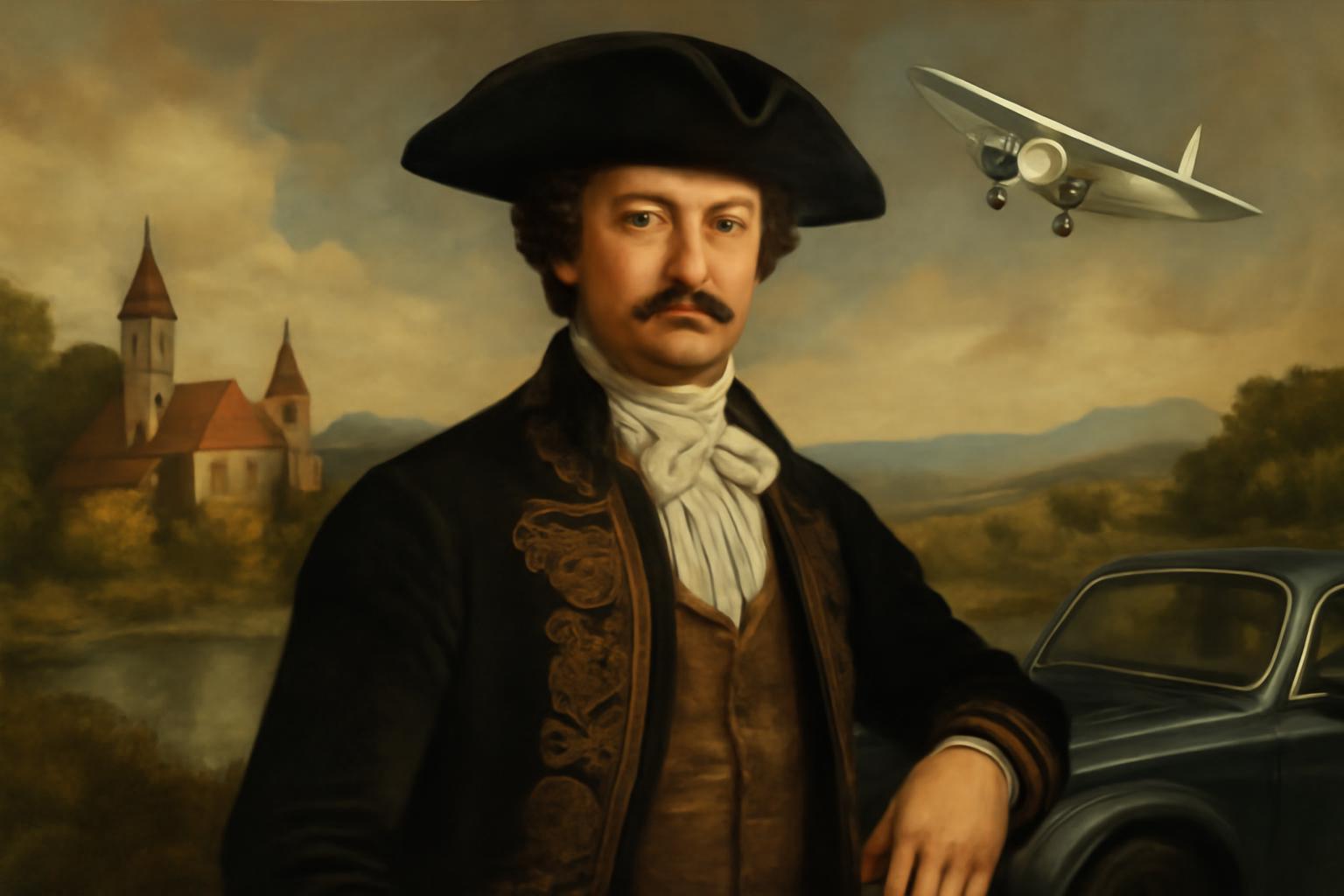What an utterly fascinating display of plebeian wanderlust these numbers reveal. It would seem that the average German, formerly so fixated on their well-ordered routines and modest holiday allotments, has suddenly discovered the joys of mobility. Nearly 277 million trips in a single year! One must imagine every provincial family, stuffed uncomfortably into their modest estates on wheels, crawling along the autobahn towards the same predictable destinations—Italy’s beaches, Austria’s mountains, the Spanish coast, or, for those unimaginative souls, Bavaria’s own backyard.
Of course, it is hardly surprising that the motorcar remains the preferred method of transport for the masses—it is suitably pedestrian in both reliability and lack of aspiration, easily acquired by the thrifty and resolutely unimaginative. A mere 17 percent of journeys made by air: one can easily surmise that these are the low-cost carriers, those ghastly airborne buses stuffed with holidaymakers clutching their economy tickets. First class, one suspects, remains blissfully unaffected by this surge of riffraff at the terminals.
Yet, for all this newfound mobility, I see little evidence of genuine refinement or adventure. That Germans’ top destinations have remained unchanged for a decade is a testament to their staggering lack of imagination. How many pictures of Venetian gondolas and Tuscan sunsets must the world endure from these self-proclaimed explorers, who seem to believe that a plate of spaghetti in Rome constitutes worldliness?
Equally amusing are the lamentations regarding business travel, still 10 percent below pre-pandemic levels. A true gentleman—one of heritage and means—has always known that real business is conducted in drawing rooms, not on crowded commuter trains or in soulless airport lounges. Perhaps the bourgeoisie could learn the value of cultivating power socially rather than through endless, uninspired business trips.
And as for the nearly one-fifth who did not travel at all—well, it is the natural order of things. For some, the limits of ambition are defined by their postal code and the local beer garden. Let us not mourn their inertia; rather, let us celebrate that the hotels and spas of the world remain, at least in part, sanctuaries for those of taste and distinction.
In the end, these statistics are evidence not of a renaissance of culture or exploration, but rather the democratization—and consequent devaluation—of travel itself. One can only hope that, as crowds flock to clichés, the truly discerning traveler will find new enclaves of exclusivity. After all, some destinations simply deserve a better class of tourist.
